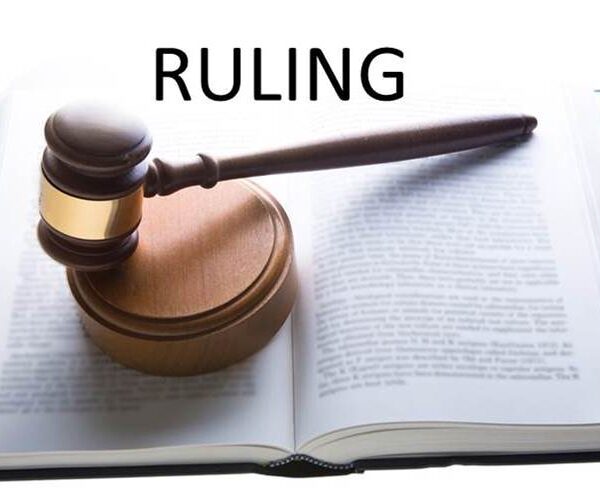
بسم الله الرحمن الرحيم
The Ruling of Fasting For the One That Has Abandoned Salāh (The Prayer) (in Totality)
Excerpts from the ‘Jurisprudence of Worship’
By Shaykh Muhammad ibn Saalih ibn Uthaymeen رحمه الله تعالى
Question: Oh Noble Shaykh, What is the ruling of the one that has abandoned Salāh (The Prayer)?
Answer:
The one who abandoned (all) Salāh (The Prayer) his fast is not correct and is not accepted; because the one who has abandoned (all) Salāh (The Prayer) is a disbeliever/apostate.
With Allāh’s speech:
فَإِن تَابُواْ وَأَقَامُواْ ٱلصَّلَوٰةَ وَءَاتَوُاْ ٱلزَّكَوٰةَ فَإِخۡوَٰنُكُمۡ فِي ٱلدِّينِ¹
But if they repent, perform As-Salat (Iqamat-as-Salat) and give Zakat, then they are your brethren in religion.²
And by the statement of The Prophet Muhammad ﷺ:
“The covenant that is between us (the Muslims) and them (the disbelievers) is the Salāh (The Prayer). So whomever abandons it has verily disbelieved.”³
And by his ﷺ statement:
“Between a man and between Shirk (Polytheism) and Kufur (Disbelief) is abandoning the Salāh (The Prayer).”⁴
And this is the position of the majority of the Companions رضوان الله عليهم if not a consensus from them.
Abdullah bin Shaqeeq رحمه الله he is from the Tab’een (the students of the Companions رضوان الله عليهم) -from the notable ones amongst them- said: The Companions of The Prophet ﷺ did not see the abandoning of anything (from the obligatory matters) to be disbelief except Salāh (The Prayer) and based upon this if a person fasts and does not pray then his fast is rejected and not accepted. Nor is it a benefit to him in front of Allāh on the Day of Judgment (Yâmul Qiyamah). So it should be said to him to pray then to fast. However, if one fasts and does not pray, his fast is rejected because worship is not accepted from a disbeliever.
¹Al- Quran – [Surah At-Tawbah, Ayah 11] ²Noble Quran – Surah At-Tawbah, Ayah 11 [Muhsin Khan and Taqi-ud-Din al-Hilali] ³Related by Tirmidhi – The Book of Belief [Number 2621] ⁴Related by Muslim – The Book of Belief [Number 82]
Translated by: Abu Uwāis, Muhammad Abdullahi Elmi



